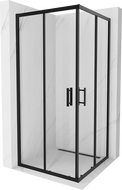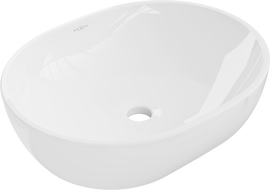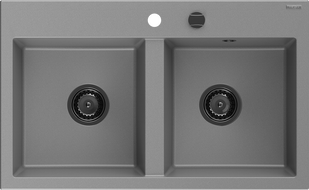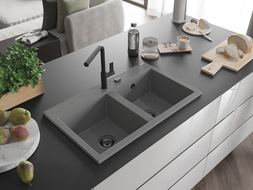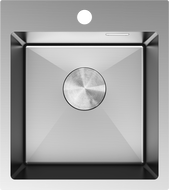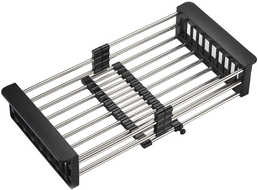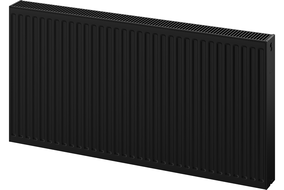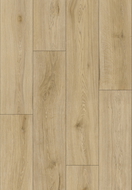
We toss vegetable and fruit peels into the biodegradable waste bin, plastic packaging into the recycling bin, paper into the paper waste, but what do we do with used oil? Frying chips, juicy steaks, or even regular chops involves using a significant amount of rapeseed oil or any other oil. Aside from dietary concerns, the oil after frying can cause us a lot of problems when it comes to disposal. So, can we pour it down the kitchen sink?
Used oil - what to do with it?
Used fat can often be reused if it isn't burnt, of course. Once the oil has completely cooled, it can be poured into a jar or bottle and stored for later use. The oil should be stored in a shaded area or in the fridge. If there are food particles in the oil, it's good to filter it through a fairly fine sieve beforehand.
Another way to use used rapeseed oil is to make original oil lamps. You can find plenty of such inspirations online, and some people can come up with even more interesting ways to reuse oil after frying chips – like making household soap. It's a great idea if you enjoy such solutions and have plenty of used oil at your disposal. You can also use it to impregnate cutting boards, and even… fence boards.
How to get rid of oil after frying?
If you don't want to bother with processing used oil yourself and it's no longer suitable for reuse in frying, you have many options to dispose of it safely. Of course, under no circumstances should you pour oil into the sink or toilet, and you'll find out why later in this text. If not down the drain, really, where should you pour the oil after frying? The method of disposing of oil largely depends on its quantity. In typical households, it's not too much of a problem; you can pour it into a bottle and throw it in the mixed waste container. A small amount can be wiped off the surface of a pot or pan with a paper towel and thrown into mixed waste.
In gastronomy, where a lot of oil is collected after frying, it should be stored in a tightly closed container. After accumulating the appropriate amount, it can be given for recycling – interestingly, it can be treated as a donation, deductible from taxes. In another version, special containers containing fat can be delivered to PSZOK points or can be collected by a company dedicated to the reuse of oil. It's used, for example, to produce fuel, of course, after proper processing.
Why can't you pour oil down the drain?
After frying, remember that under no circumstances should oil be poured down the kitchen sink pipes or toilet bowl. Frying oil can be reused or disposed of safely. For many people, the most convenient method is pouring the pan's contents down the drain, but this is a very bad idea, especially if you do so with still hot fat. Hot oil can damage the plastic components of the drainage system, including the trap or segment of the drain pipe. Melted plastic will only need to be replaced.
The second reason why you should not pour frying oil down the drain is the possibility of completely clogging the pipes. Food residues in the cooling fat may adhere to the pipe walls and gradually reduce their passage. Over time, they can very effectively clog the pipe. A dense and hard fat deposit can be very difficult to remove using standard methods. You'll need to resort to aggressive chemicals or specialists equipped with the right tools to unclog the drain. Pouring melted fat into the sink might be convenient, but it can lead to consequences that require significant financial outlays.
What to do with used oil - summary
In an ideal world, frying oil would just disappear, and we wouldn't have to worry about its disposal. However, in the real world, used oil can be problematic, especially if you have too much of it. We have reached certain conclusions about what can be done with used vegetable oil. If you're a DIY enthusiast, you can turn used oil into oil candles or household soap. If the oil after frying hasn't burned and doesn't have too many residues – it can be reused in the kitchen.
If you have oil in truly large quantities, arrange for its collection by a qualified company that will use it for processing again. Such fat can be used, for example, to impregnate wood. Any method of getting rid of oil is good as long as the used oil doesn't end up in the sewage system; pouring it down the sink is the simplest recipe for a solid clog.

